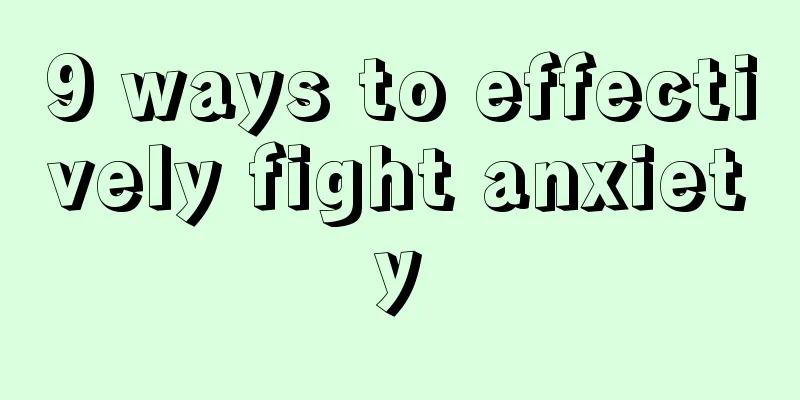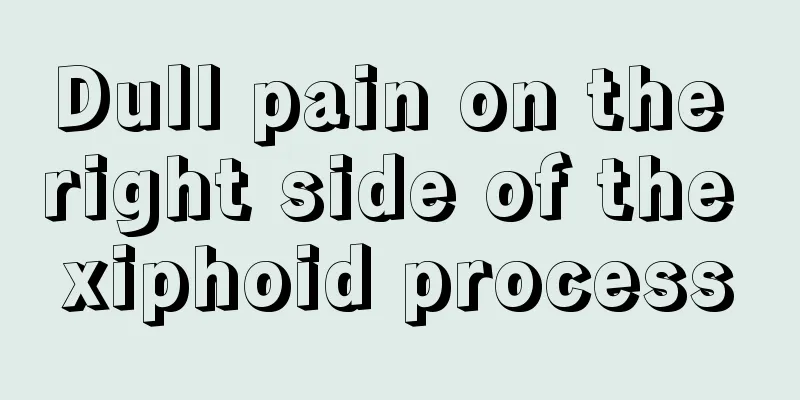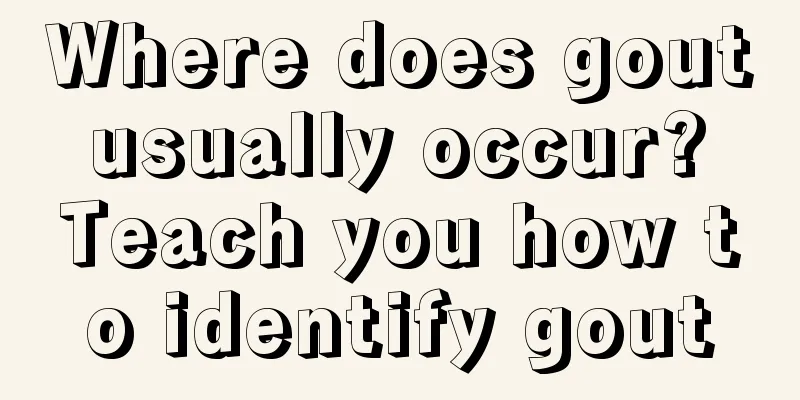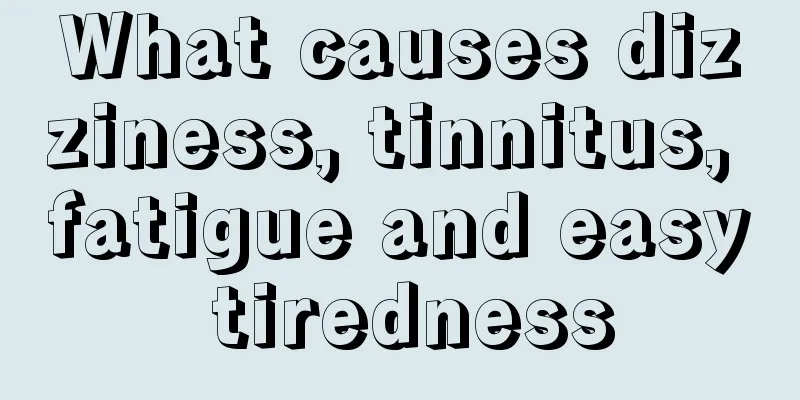9 ways to effectively fight anxiety

|
When the old is replaced by the new, we often feel anxiety, depression, frustration and other negative emotions in the reluctance to say goodbye to the old and the anxiety of welcoming a new life. The following methods that can work on the mind, body and emotions at the same time are most worth a try! 1. Massage – reduces stress hormones A 20-minute body massage per week for a month can reduce the body's cortisol levels by up to 31%. There is no doubt that this will greatly relieve people's anxiety invisibly. Additionally, studies show that massage can induce a relaxation response that can relieve anxiety. A study shows that relaxing massage and Swedish massage are very effective treatments for lower back pain. For example, Swedish massage techniques incorporate soothing kneading movements to help relieve tense and tired muscles, relax the circulatory and muscular systems, stimulate blood circulation, accelerate metabolism, and promote the excretion of waste between tissues, thereby stimulating and increasing the body's energy production. Most importantly, massage that combines appropriate pressure and touch stimulation can also help balance the sympathetic nervous system, allowing the body to produce endorphins, a happy hormone similar to that produced after exercise, which helps relieve and eliminate tension and anxiety caused by stress. 2. Exercise – Get out of the anxiety state A psychology professor said: "Exercise can make people focus on their feelings, such as rapid breathing, accelerated heartbeat, and the surrounding environment and things, helping to get out of the state of anxiety." In one study, it was found that exercise can reduce anxiety by 50%! Nearly 80% of the studies further confirmed that swimming can relieve tension and depression. Plus, floating in water triggers the body’s “relaxation response” button, effectively reducing stress hormones. Overall, swimming can be considered an excellent exercise to relieve anxiety. 3. Cognitive behavioral therapy - adjusting anxiety levels Cognitive behavioral therapy is a group of methods that change thinking, beliefs and behaviors. It is a short-term psychotherapy method used to change negative cognitions and eliminate negative emotions and behaviors. The expert said: "Cognitive behavioral therapy can help us assess the risks we face and teach us some methods and techniques to reassess the level of threat." He also added: "Cognitive behavioral therapy will adjust the level of anxiety to match the actual level of risk." Survey data shows that 46% of people have reduced anxiety after undergoing cognitive behavioral therapy, compared with 14% of people who did not receive this therapy. If you want to use cognitive behavioral therapy to treat anxiety, you generally need to receive a 1-hour treatment once a week, and it is best to continue for 3 to 4 months. 4. Meditation – Ending the anxiety cycle In people with anxiety disorders, we found that there is an area of the brain that is underactive in controlling thoughts, and anxiety can spiral out of control. Meditation can stimulate this area and keep it active, thus helping us end the vicious cycle of anxiety. 5. Yoga – Increases Antidepressant Amino Acids in the Brain A study shows that if you practice yoga for about an hour three times a week, your anxiety can be greatly improved after 12 weeks. Researchers have found that people with anxiety disorders generally have lower levels of an amino acid called GABA in their brains. Participants in the study experienced increased levels of GABA in their brains after taking a yoga class, and significantly reduced anxiety after the class. Deep abdominal breathing during yoga practice can stimulate the body's parasympathetic nervous system, which is closely related to a person's ability to relax.
6. Attention modification – changing anxious thinking patterns The professor said: "Cognitive modification can help change the way a person thinks." Different clinics use different methods for treatment. You might see a computer screen with either threatening or non-threatening faces, and when the scary faces appear, perform some manipulation task to reduce anxiety. You will find that your attention can be adjusted and corrected with the help of computer programs. 7. Music therapy – creating stress-relieving waves in the brain Slow-tempo music or meditation music has been shown to be an effective stress reliever. So, on your way to work, turn on the music button to help yourself get into a soothing and peaceful mood. In addition, if you are unfortunately stuck in a traffic jam, you can try the following quick exercise, which can also achieve the same effect as music therapy: hold the steering wheel, use the muscles of your fingers, arms and back to exert force for about 45 seconds until the muscles begin to tremble, and then relax - this is equivalent to creating a series of pressure release waves from your neck to your fingers, and your whole body will feel a momentary release. 8. Sleep – Balances Stress Hormones People who don't get enough sleep are more likely to feel anxious. Because lack of sleep stimulates an area of the brain that is also activated when people are anxious. Sleep suppresses stress hormones like cortisol and stimulates the secretion of other "good hormones" like DHEA (which plays an important role in protecting and helping the body recover quickly from stress). The study found that among women with anxiety disorders, those with higher levels of DHEA showed much less negative emotions. A natural way to increase DHEA secretion is to enjoy more sleep. Before you set your alarm, think about how stressed you are. The more you demand of yourself during the day, the more sleep you need to balance it out. If 7 to 8 hours of sleep is not achievable, remind yourself to take at least one or two days a week to get this amount of sleep, or sleep in on the weekends. But remember to avoid anything that reminds you of work, and move dirty clothes or computers out of the bedroom. 9. Aromatherapy – Relax your body and mind Essential oils made from basil, chamomile, eucalyptus, lavender, peppermint, rose and thyme all have soothing and relaxing effects. Suggestion: Put a few pieces of rock salt in a small glass bottle and add a few drops of stress-relieving essential oil so that the essential oil can be fully absorbed by the rock salt. When you feel anxious and need to relieve stress, just open the bottle and let the stress be relieved to a certain extent in the fragrance. |
<<: 8 unexpected causes of bad breath
>>: Wrinkles in 9 areas may indicate health problems
Recommend
Can parvovirus be transmitted to humans?
Friends who have raised dogs should have heard of...
What are the home care methods after cardiac cancer surgery? Commonly used conditioning methods after cardiac cancer surgery
The home care after surgery for cardia cancer inc...
What harm does loose salt do to the human body
The salt content in the food we eat every day var...
Does lumbar thread embedding hurt?
Many people may not be very clear about what lumb...
How long can bayberry juice be kept
Fruit juice is very popular among people, especia...
How to treat Feng Shui bumps
In autumn and winter, some people are prone to ge...
Artificial urticaria treatment remedy, simple and effective!
Urticaria can be divided into many types, some ar...
How to treat warts with duck eggs
I believe most people have never heard of Brucea ...
Why do you need to hold your urine before B-ultrasound
There are many forms of physical examination. Whe...
Must stay up late? Seven tricks to reduce the damage caused by staying up late
Going to bed early is good for your health, but s...
What are the reasons for severe hair loss?
Some friends may find that their hair is falling ...
Is melanoma a genetic disease?
Is melanoma a genetic disease? Melanoma may also ...
What are the acupuncture points for improving memory
Our memory is affected by many factors. For examp...
Is it useful to put onions in a newly renovated house?
Decoration is a very important matter in modern l...









